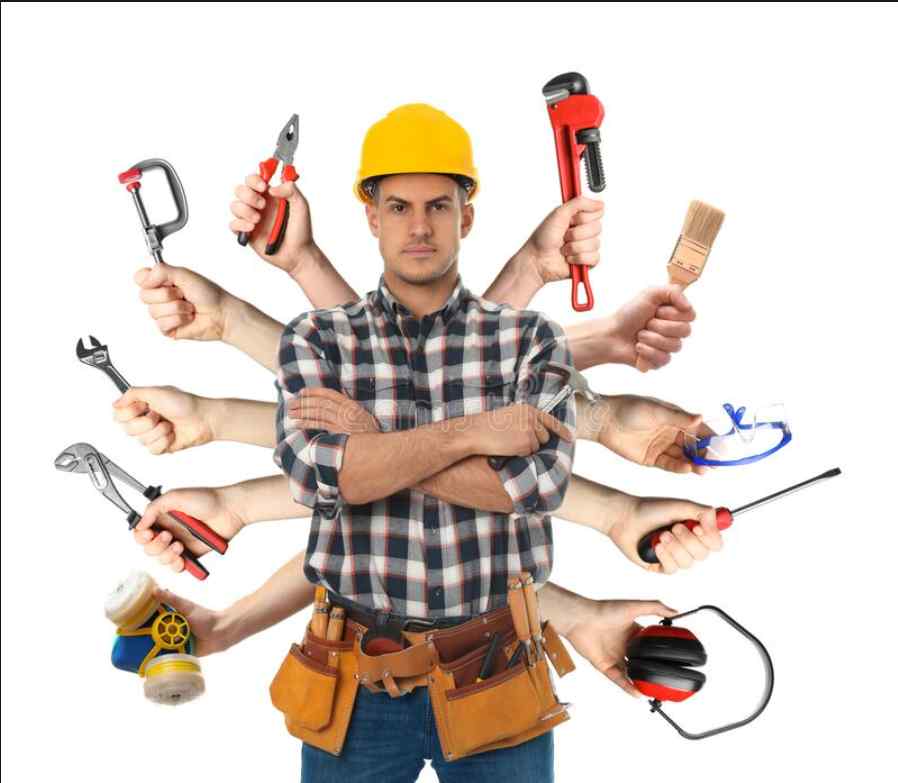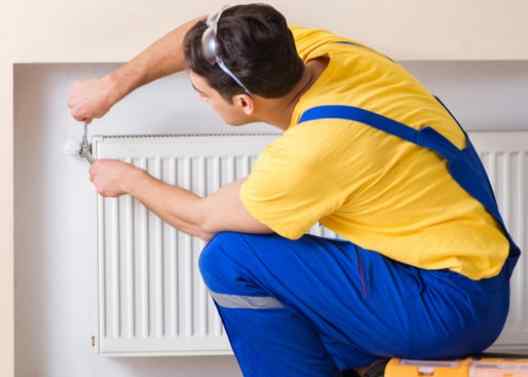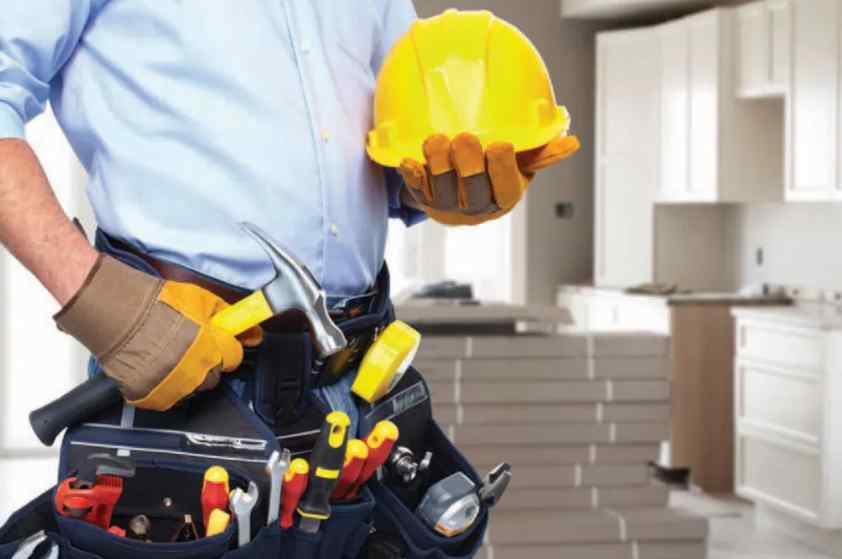What Can a Handyman Legally Do in Florida?
If you’re considering or already working as a handyman in the Sunshine State, it’s essential to know the legal boundaries of your trade.
In this detailed guide, I’ll walk you through the licensing requirements, permissible tasks, insurance necessities, legal constraints, and resources available for handymen in Florida.
What Can a Handyman Legally Do in Florida?

Florida handymen can undertake a variety of tasks. Let’s break down the key areas:
1. Carpentry
From fixing squeaky floors to building custom shelves, handymen in Florida can legally tackle a wide range of carpentry projects. It’s the backbone of many home improvement tasks.
2. Painting
Bringing a fresh coat of paint to homes is a common handyman task in Florida. Whether it’s interior or exterior painting, handymen can revitalize living spaces.
3. Electrical Repairs
Florida handymen can perform minor electrical repairs, such as fixing outlets or installing light fixtures. However, extensive electrical work requires a licensed electrician.
4. Plumbing Repairs
Fixing leaky faucets, unclogging drains, and addressing minor plumbing issues fall within a handyman’s legal scope. Yet, major plumbing projects should be left to licensed professionals.
5. Other Common Tasks
Handymen can engage in various other tasks, such as repairing drywall, installing fixtures, and general home maintenance. Versatility is key to a handyman’s success.
Insurance for Handymen

Accidents happen, even to the most skilled handymen. That’s why insurance is not just a safety net; it’s a necessity. Whether you’re working on a small repair or a significant renovation, being adequately insured protects you and your clients.
Read Also: How to Register an Imported Car in Florida?
Types of Insurance Coverage Handymen Should Consider
Liability Insurance
Protect yourself from potential lawsuits arising from accidental property damage or bodily injury. Liability insurance ensures you’re covered in case the unexpected occurs.
Workers’ Compensation
If you have employees, workers’ compensation is crucial. It provides financial support and medical benefits to employees injured on the job, reducing legal risks for you.
Bonding
Being bonded gives your clients peace of mind. It ensures that you’re financially capable of completing the job as agreed upon in the contract.
Permits and Regulations
Understanding and adhering to local permits and regulations is vital for a handyman operating in Florida.
While specific requirements may vary by county or city, it’s essential to be aware of zoning laws, building codes, and other regulations governing your work.
Legal Constraints on Pricing
Setting the right price for your services is not only a business decision but also subject to legal constraints. It’s essential to avoid price gouging or unethical pricing practices.
Being transparent about your rates and providing detailed quotes can help you build trust with your clients.
Contractual Obligations
Clear and concise contracts are your best defense against misunderstandings and disputes. Ensure that your contracts outline the scope of work, payment terms, timelines, and any potential additional costs.
This not only protects you legally but also establishes a professional relationship with your clients.
Other Post: What is Required to Get Married in Florida?
Handling Environmental Regulations
When working on projects that involve materials like lead-based paint or asbestos, it’s crucial to adhere to environmental regulations.
Stay informed about the proper handling and disposal of hazardous materials to protect both your clients and the environment.
Safety Standards and Compliance

Prioritize safety on every job. Following safety standards not only protects you and your clients but also enhances your professional reputation.
Whether it’s wearing the right protective gear or ensuring a secure worksite, safety should always be a top priority.
Staying Informed: Resources for Handymen
To stay on top of legal updates and industry trends, consider these valuable resources:
Government Websites for Licensing Information
Check official government websites for the most up-to-date licensing information. Florida’s Department of Business and Professional Regulation is a great starting point.
Industry Associations for Handyman Legal Updates
Joining industry associations provides access to legal updates, networking opportunities, and a community of fellow handymen. The Florida Association of Handymen is an excellent resource.
Legal Consultation Services for Handymen
For personalized legal advice, consider consulting with legal professionals specializing in construction and handyman services. They can provide guidance tailored to your specific situation.
Conclusion
Embarking on a career as a handyman in Florida offers immense opportunities, but navigating the legal landscape is crucial.
From licensing requirements to insurance considerations and staying informed about regulations, this comprehensive guide equips you with the knowledge needed for success. Remember, in the world of handymen, a well-informed approach is a powerful tool.






